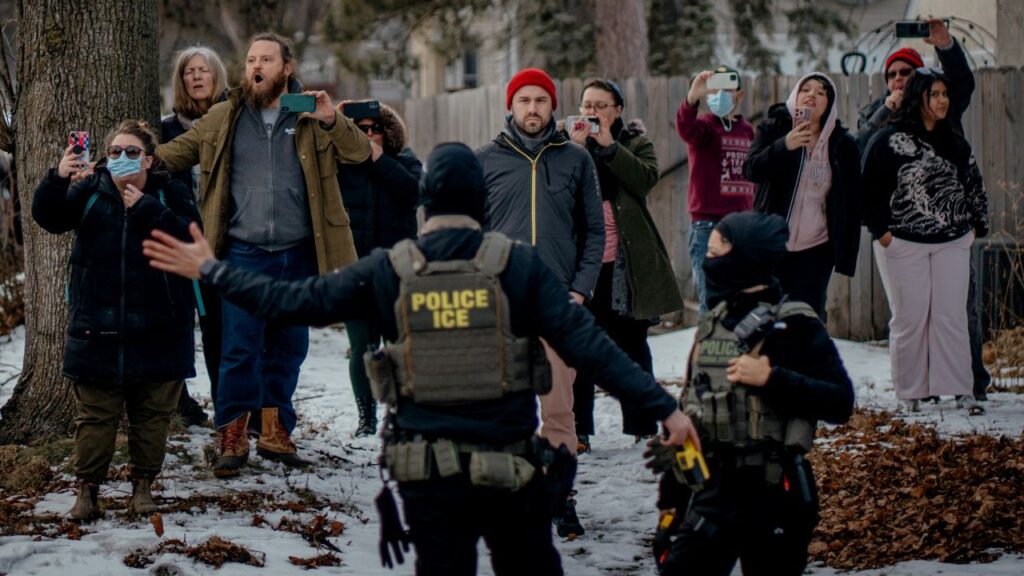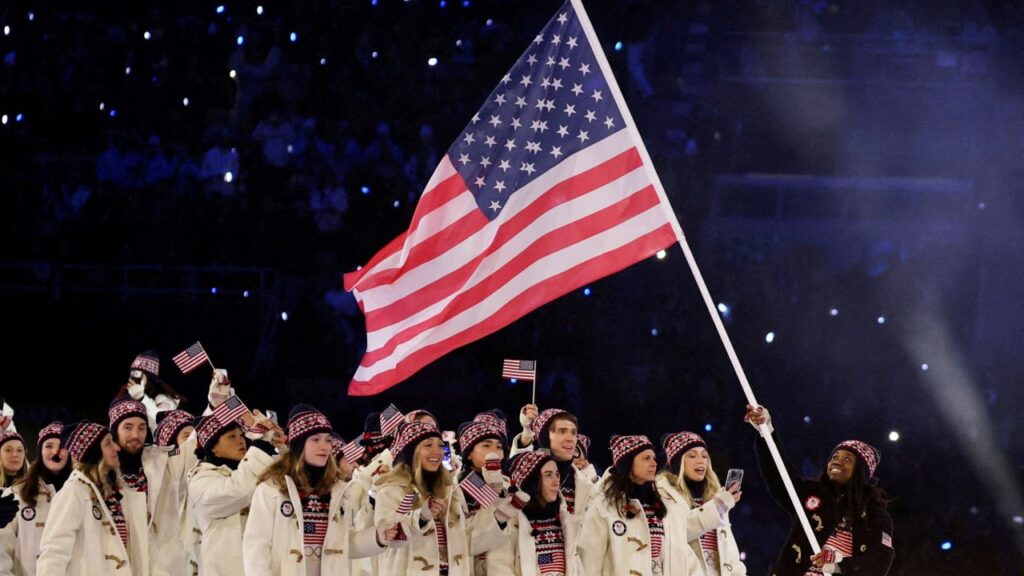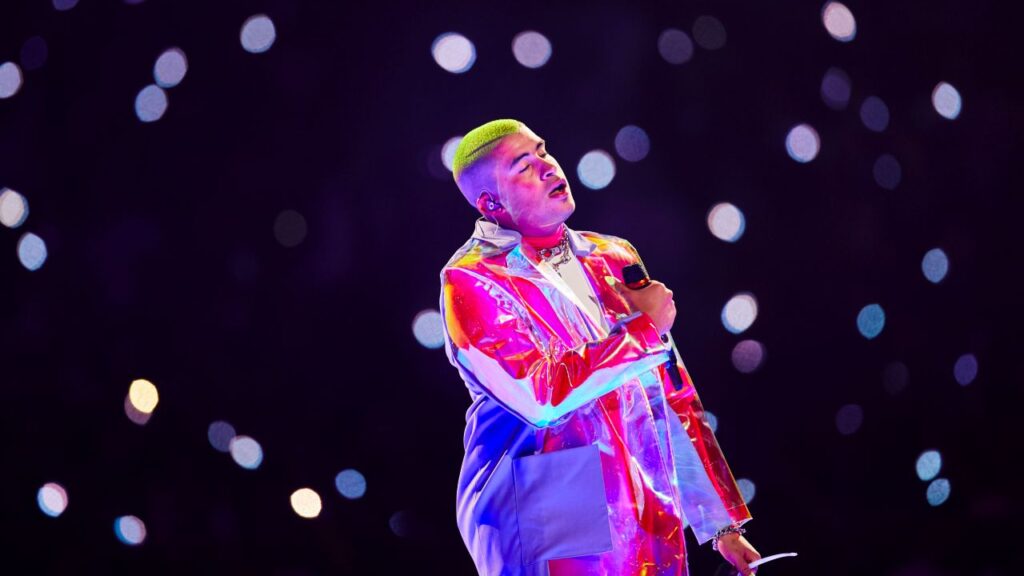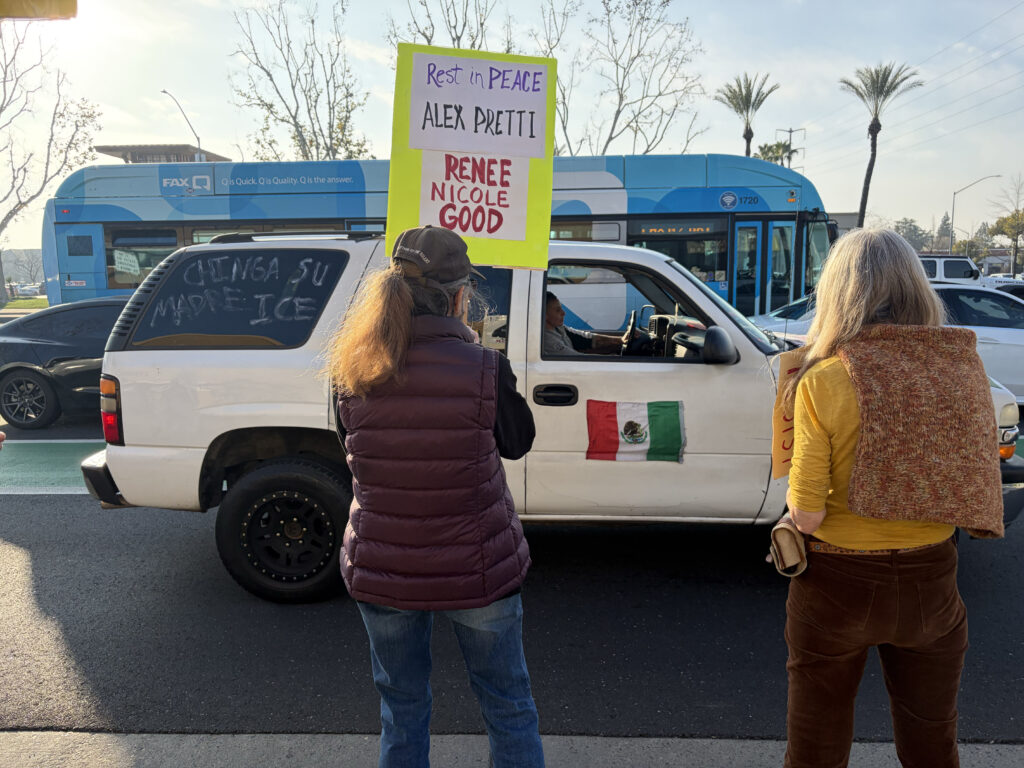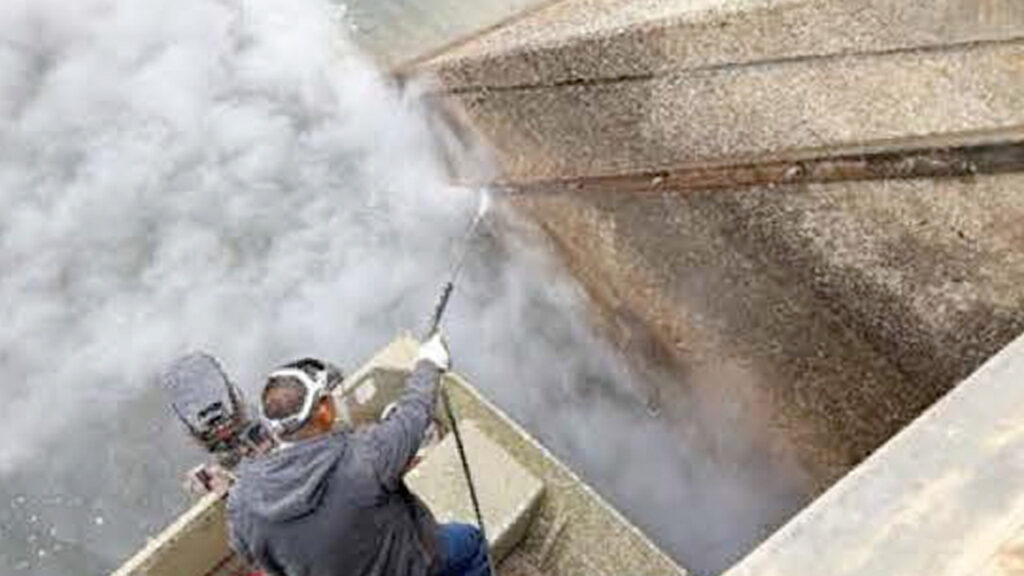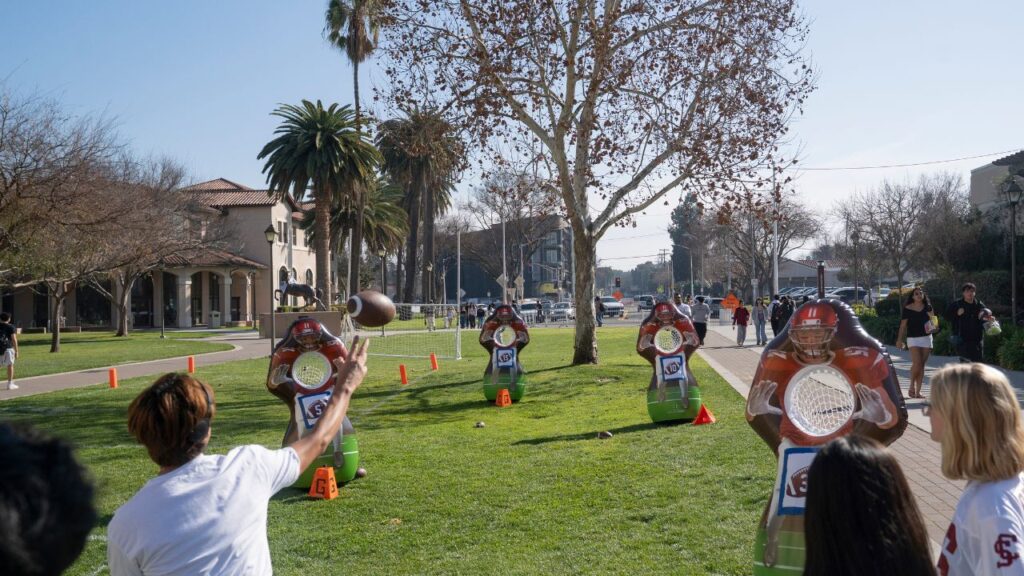Share
![]()
■You will risk permanent vision damage if you try to look at a partial eclipse without wearing proper eye protection.
■Looking through a camera, telescope, or binoculars without a filter will still damage your eyes (and your equipment).
■The Fresno area will get a partial eclipse of about 41% maximum on April 8.
You won’t have to travel as far as Texas to see the April 8 eclipse. In fact, if the weather is clear in Fresno, all you’ll need to do is step outside.
But what you should NOT do is look at the sun without proper eye protection. Mere sunglasses won’t cut it. You’ll need either special filters or filter paper, or “eclipse glasses” that are fitted with solar filters and are ISO and CE certified.
And, to be really safe, you can just pop a pinhole in a piece of paper and then aim the sunlight through the pinhole onto another piece of paper (“pinhole projection”). Or, you can aim the image from a telescope or binoculars onto an angled paper or sheet (“optical projection”).
Maybe you still have a pair of eclipse glasses from the August 2017 eclipse? Unless you’ve kept them stashed away in a box to protect them, they might have been damaged since then, and even a tiny pinhole can let enough light pass through to damage your vision — permanently.
About 41% Eclipse in Fresno
Steve Britton, a member of the Central Valley Astronomers and retired Fresno Unified teacher, estimates that people in the Fresno area can see about 41% of the eclipse at the maximum. He’s heading that day to Kingsburg High to sub for a science teacher who is eclipse-bound and will help students there set up equipment and safely view the partial eclipse.
From Fresno, Britton says, the sun will “look like an orange cookie with a bite taken out of it.”
Professor Frederick A. Ringwald, who teaches physics at Fresno State and does astronomy research, says he won’t let his students look through telescopes directly at the sun.
“If students want to observe the sun, I have these specialized telescopes for observing the sun that can see nothing else and are guaranteed to be safe,” says Ringwald, who plans to travel to Texas to be in the path of totality on April 8. “The only way you could blind yourself with one of these telescopes is poking yourselves in the eye with one.”
Dan Comelli of Fresno, who also is heading to Texas, says that for the August 2017 total solar eclipse he “jury-rigged” binoculars to create a safe viewing system, and he plans to do the same at the upcoming eclipse. Comelli, a retired physician, says he takes particular care about making sure not to risk his vision while eclipse watching.
Ringwald says he’s hopeful that most Americans now understand how to keep their eyes safe during eclipses.
For the August 2017 eclipse, “it is estimated that over 100 million Americans saw it, but there were fewer than 100 injuries reported. So the word on how to observe these things is out,” he said.
RELATED TOPICS:
Categories
